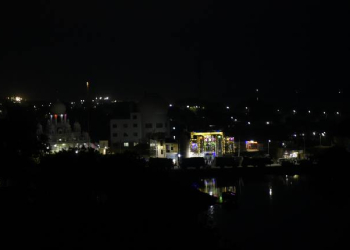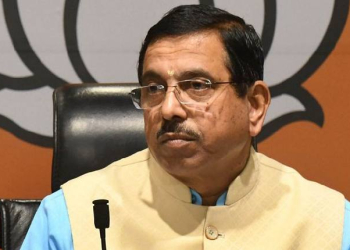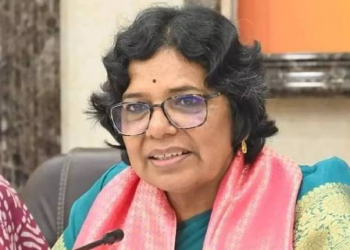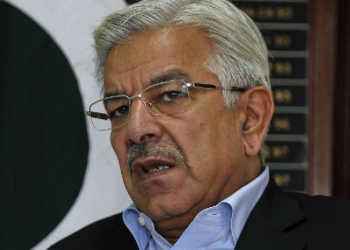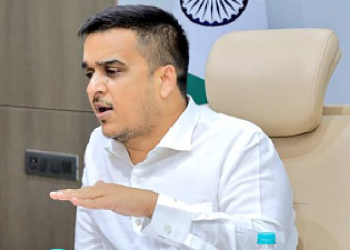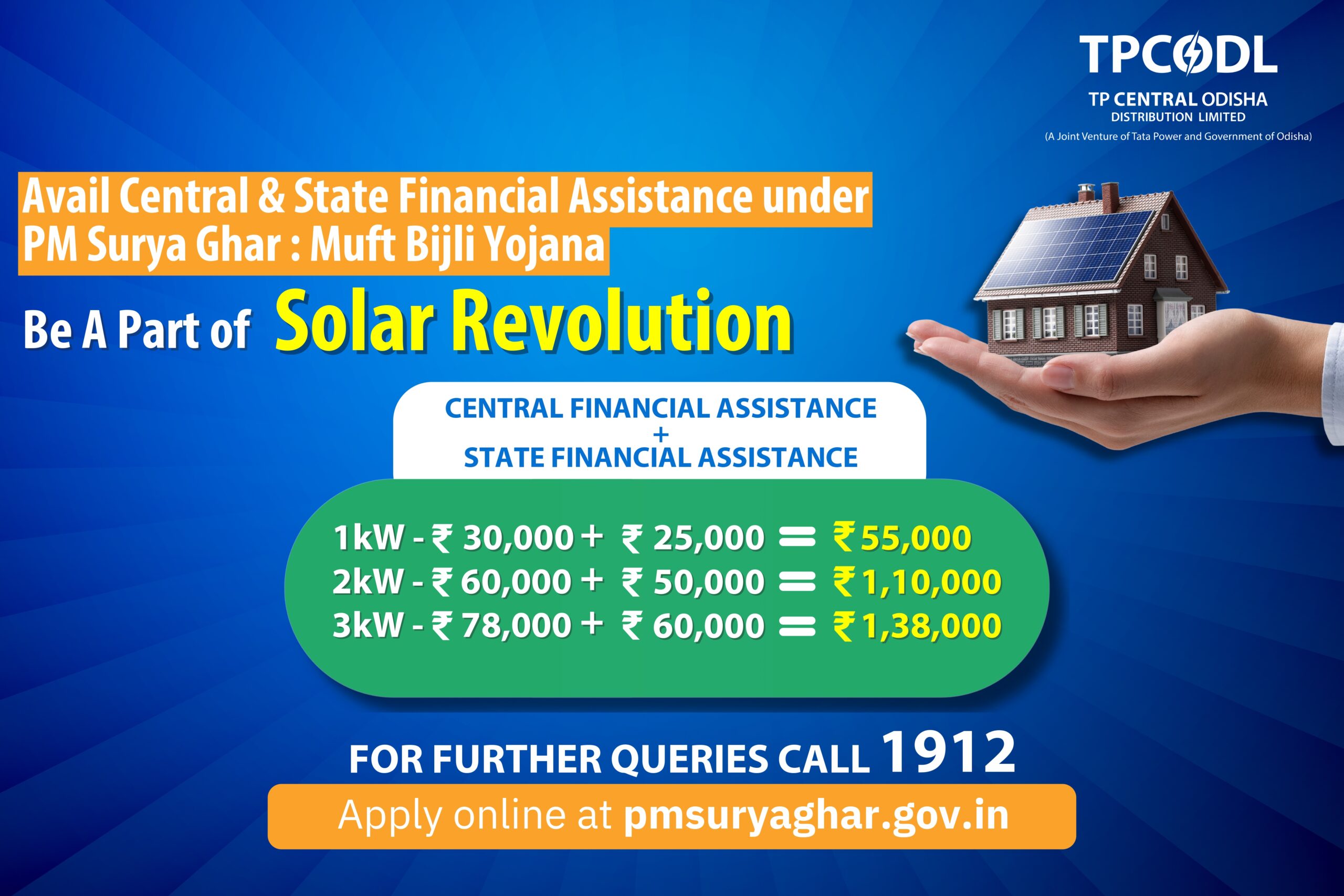New Delhi: About 46.8 per cent of the respondents of a survey feel that caste discrimination has increased under the BJP-led government since it assumed office nine years ago, while almost 30 per cent people feel otherwise.
This was disclosed during an exclusive pan-India survey conducted by CVoter to mark nine years of the BJP-led government. Narendra Modi was sworn in as the Prime Minister of India on May 26, 2014 after he led the BJP to a historic majority of 282 seats in the Lok Sabha elections.
The survey said that 46.8 per cent people feel that caste discrimination has increased under the BJP regime in the last nine years, while 29.4 per cent feel that it has not increased at all.
The survey also highlighted that 18.8 per cent people feel that caste discrimination has increased to an extent, while 5 per cent people said that they cannot comment on the issue.
The survey said that 75.6 per cent respondents in the Muslim community, 68.5 per cent in Christian community, 53.5 per cent in the Schedule Caste/Dalit category, and 48.1 per cent in Schedule Tribe category also feel that caste discrimination has increased in the last nine years.
As per the survey, over 52 per cent youth between the age group of 18 and 24, and 25 and 34 feel that caste discrimination has increased in the last nine years, while 21.6 per cent youth in the age group of 18 to 24 and 24.5 per cent in the age group of 25 to 34 feel otherwise.
Also, 44.6 per cent respondents between the age group of 45 to 54 years feel that caste discrimination has increased in the past nine years, the survey said.
The survey also said that 48.9 per cent respondents in the middle income group and 46.6 per cent in the lower income group feel that caste discrimination has increased in the last nine years.
Area-wise, 48.2 per cent respondents in the rural areas and 43.5 per cent in the urban areas feel that caste discrimination has gone up in the past nine years.
Also, about 28 per cent NDA supporters feel that under the BJP regime, caste discrimination has increased, while 43.2 per cent feel otherwise, the survey said.
(IANS)



